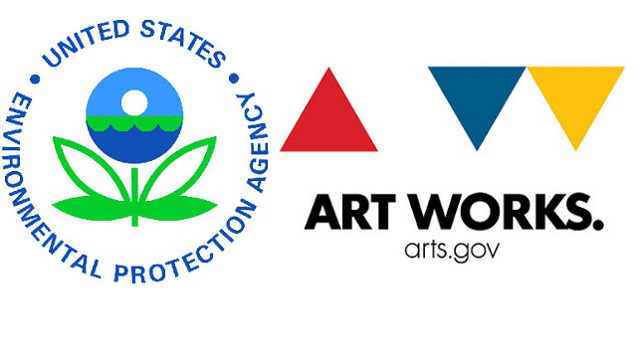 LEFT: WIKIMEDIA, ENVIRONMENTAL PROTECTION AGENCY; RIGHT: WIKIMEDIA, NATIONAL ENDOWMENT FOR THE ARTSLast week, the White House released a partial outline of its 2018 budget proposal, which included substantial cuts to several government agencies, including some that fund basic and applied scientific research. These proposed cuts are just the latest in a series of moves by the Trump administration that could threaten the future of American science, including reported restrictions on government scientists’ abilities to communicate with the public, immigration policies that undermine our abilities to collaborate internationally, and the appointment of several senior administrators who have expressed anti-science sentiments.
LEFT: WIKIMEDIA, ENVIRONMENTAL PROTECTION AGENCY; RIGHT: WIKIMEDIA, NATIONAL ENDOWMENT FOR THE ARTSLast week, the White House released a partial outline of its 2018 budget proposal, which included substantial cuts to several government agencies, including some that fund basic and applied scientific research. These proposed cuts are just the latest in a series of moves by the Trump administration that could threaten the future of American science, including reported restrictions on government scientists’ abilities to communicate with the public, immigration policies that undermine our abilities to collaborate internationally, and the appointment of several senior administrators who have expressed anti-science sentiments.
Scientists are justifiably alarmed, and there are multiple mobilization efforts underway to defend science. Scientists are running for public office, scientific societies are condemning specific policies, and a March for Science is being held next month in Washington, DC, with satellite marches around the world. While most scientists have traditionally been reluctant to engage in politics, many are now recognizing that political engagement is going to be necessary if we are to preserve the quality and integrity of our scientific institutions.
It has been particularly encouraging to see scientists from different fields coming together, overcoming the tribalism that often dominates academia. Even in the early days of the current administration, during which refutations of evidence were most keenly focused on environmental and climate science, the ...





















